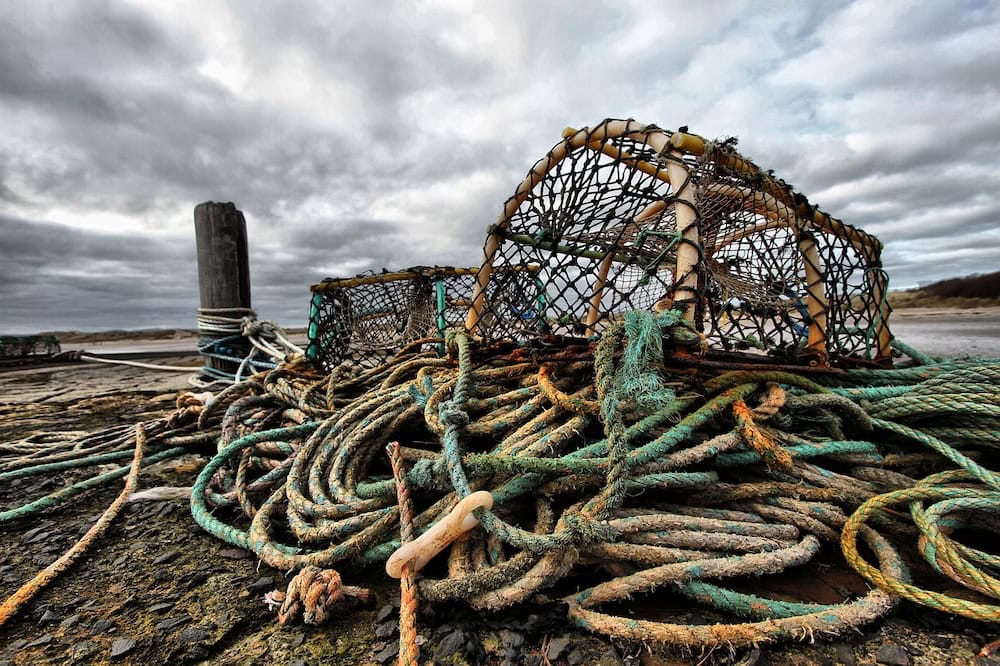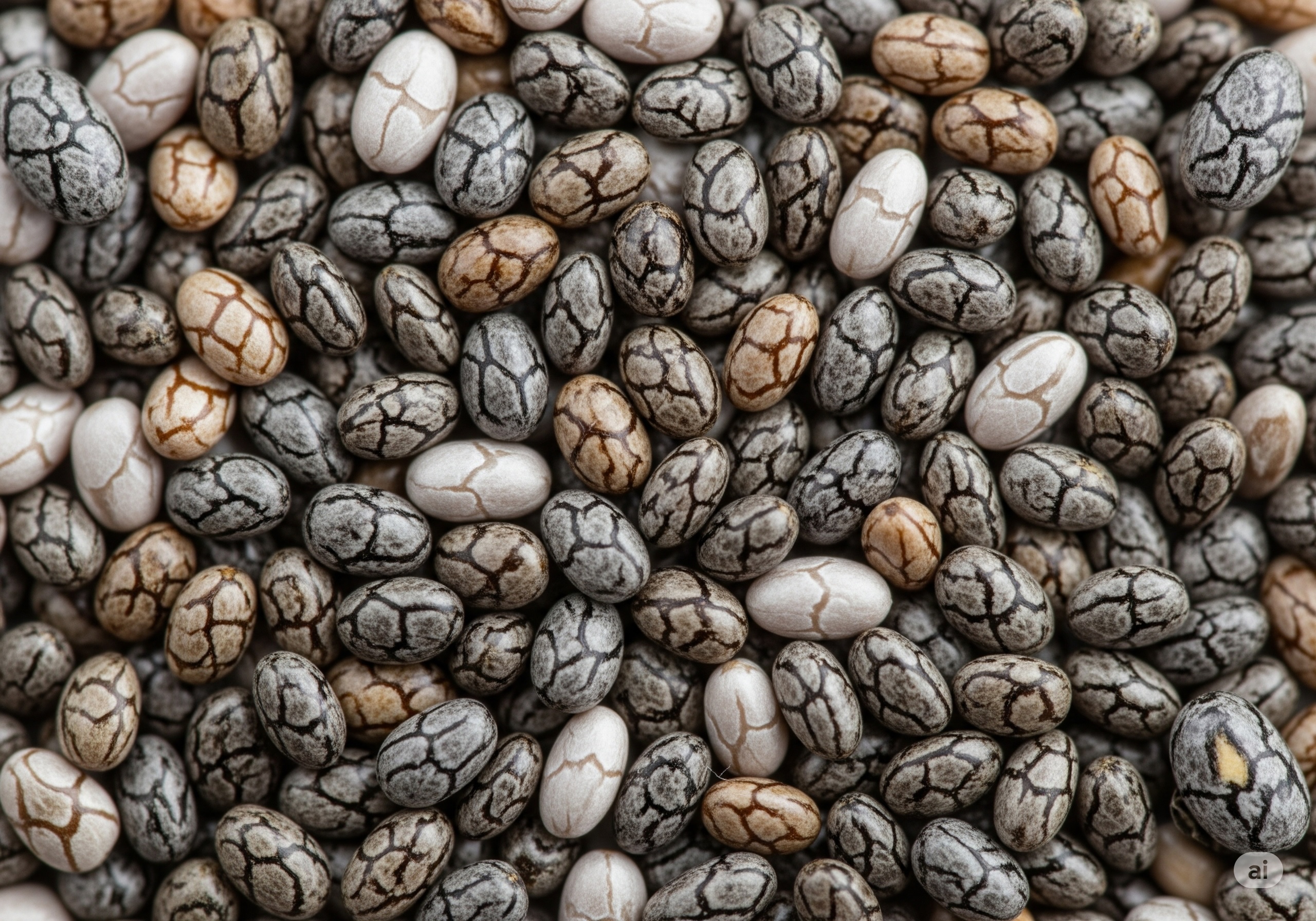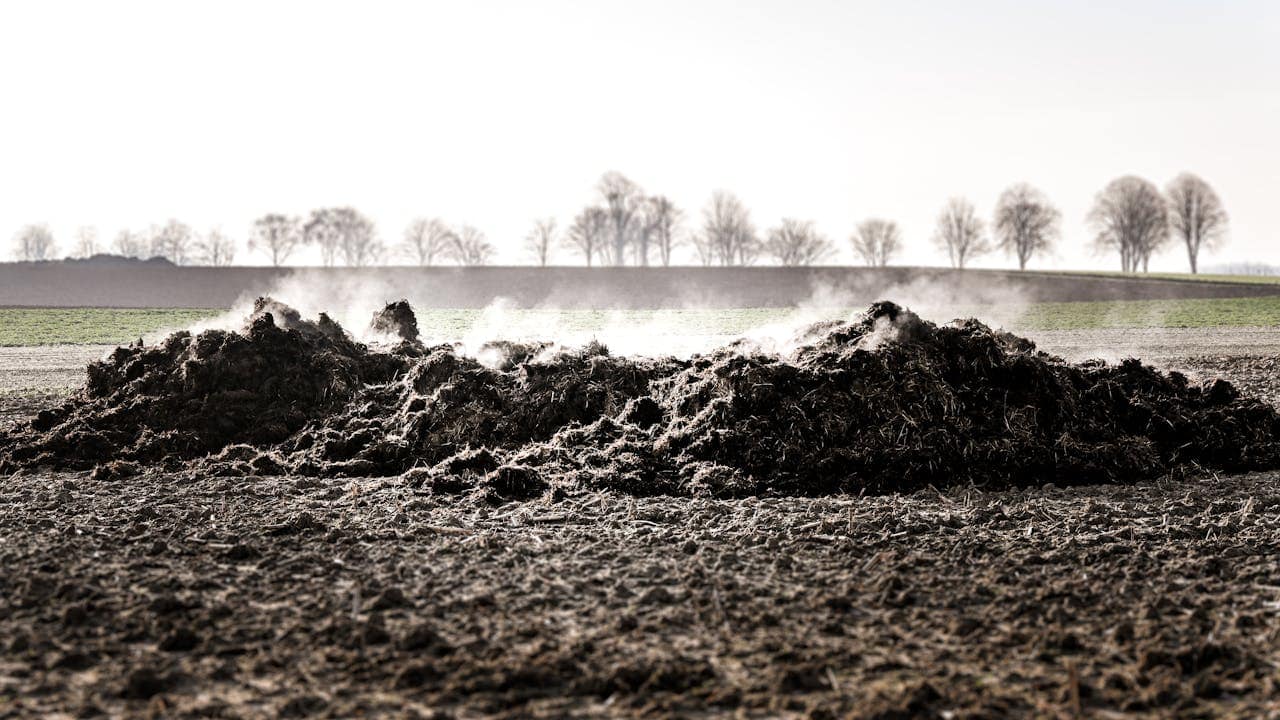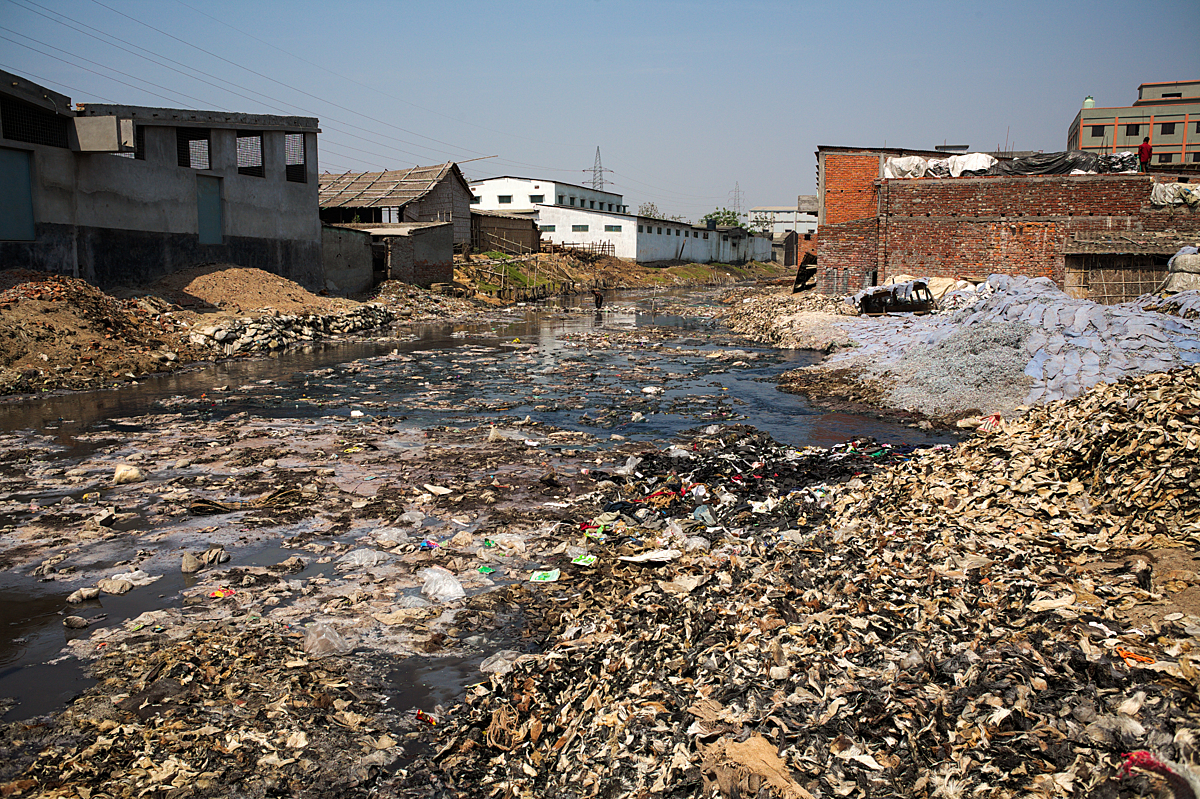The Fishing Industry: A Major Driver of Ocean Plastic Pollution
The fishing industry’s contribution to plastic pollution through abandoned nets and gear further compounds a severe environmental and ethical crisis. This pollution causes lasting damage to marine ecosystems and perpetuates the suffering of countless water-dwelling animals caught in ghost fishing nets.








